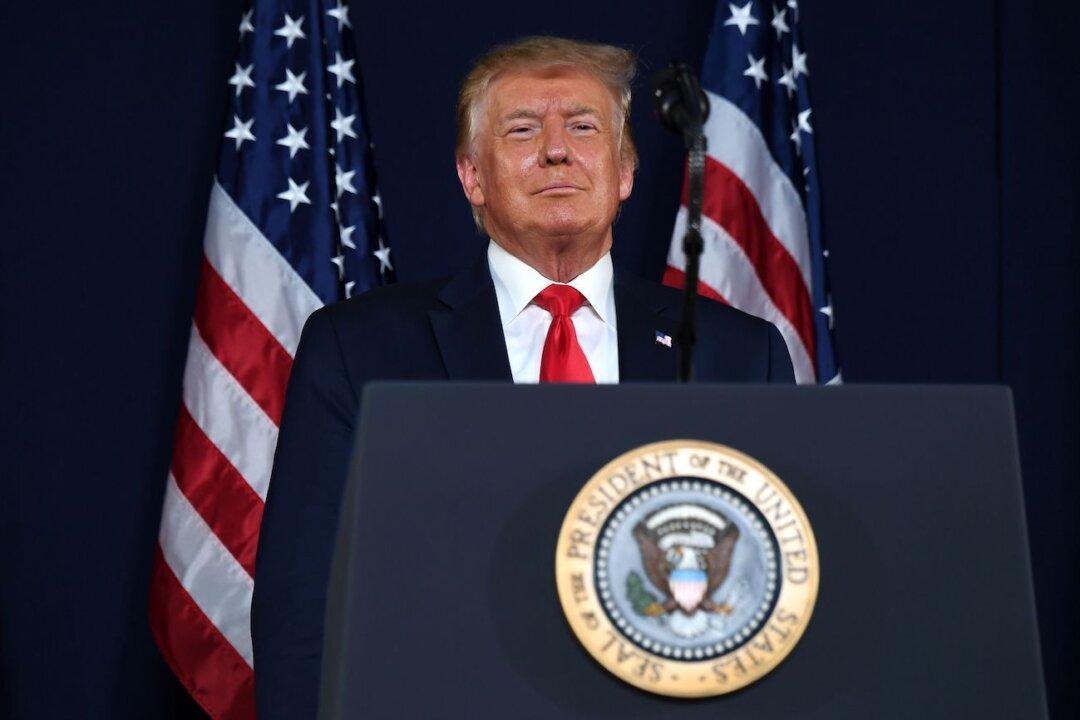President Donald Trump signed on July 4 an extension of the paycheck protection program (PPP), giving small businesses an additional five weeks to apply for loans that are designed to provide them with payroll and expense relief amid the pandemic.
This comes after the House unanimously voted to extend the deadline for small businesses to apply for the potentially forgivable loans a day after the original deadline for new applications had expired. Small businesses now have until Aug. 8 to apply for the loan.




